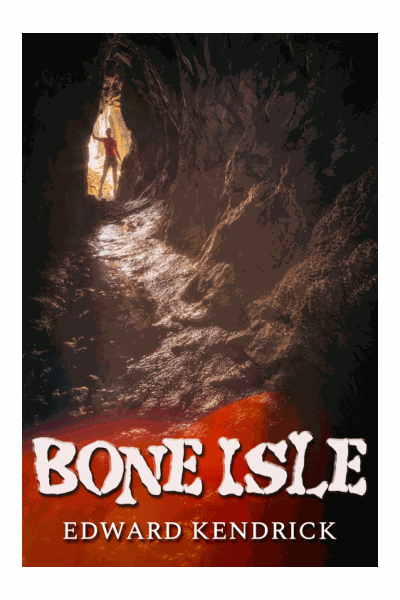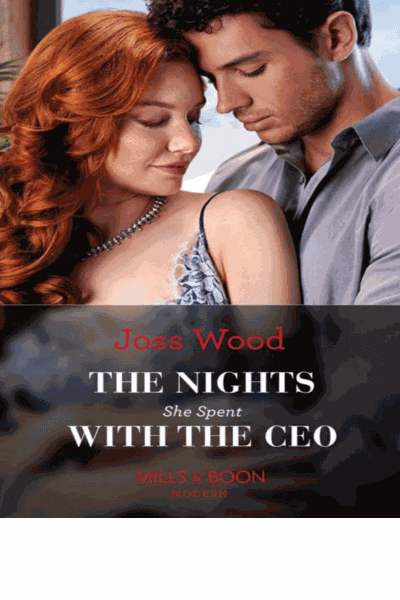
The Swifts
Author/Uploaded by Beth Lincoln
DUTTON CHILDREN’S BOOKS An imprint of Penguin Random House LLC, New York First published in the United States of America by Dutton Children’s Books, an imprint of Penguin Random House LLC, 2023 Text copyright © 2023 by Beth Lincoln Illustrations copyright © 2023 by Claire Powell Penguin supports copyri...
Content Preview
DUTTON CHILDREN’S BOOKS An imprint of Penguin Random House LLC, New York First published in the United States of America by Dutton Children’s Books, an imprint of Penguin Random House LLC, 2023 Text copyright © 2023 by Beth Lincoln Illustrations copyright © 2023 by Claire Powell Penguin supports copyright. Copyright fuels creativity, encourages diverse voices, promotes free speech, and creates a vibrant culture. Thank you for buying an authorized edition of this book and for complying with copyright laws by not reproducing, scanning, or distributing any part of it in any form without permission. You are supporting writers and allowing Penguin to continue to publish books for every reader. Dutton is a registered trademark of Penguin Random House LLC. Visit us online at penguinrandomhouse.com. Library of Congress Cataloging-in-Publication Data is available. Ebook ISBN 9780593533246 Cover art © 2023 by Claire Powell Cover color by Mado Peña Design adapted for ebook by Michelle Quintero This book is a work of fiction. Any references to historical events, real people, or real places are used fictitiously. Other names, characters, places, and events are products of the author’s imagination, and any resemblance to actual events or places or persons, living or dead, is entirely coincidental. The publisher does not have any control over and does not assume any responsibility for author or third-party websites or their content. pid_prh_6.0_142441833_c0_r0 For my family,in blood and in bond “Dull, adjective: Not exhilarating, not delightful, as, to make dictionaries is dull work.” —Samuel Johnson, entry in A Dictionary of the English Language, 1755 I’ve included this definition as a warning. This is a note about language, the differences between American and British English, and the changes that have been made for the American edition of this book. If this sounds unbearably dull to you, you are welcome to skip ahead and join Shenanigan at the funeral. The English language is big, messy, and argumentative. Languages are alive, and they’re voracious, which means they’ll grab whatever words are lying around and swallow them whole. The lands that now make up the British Isles were invaded and settled repeatedly during their early history, so lots of different languages went down the English gullet; scraps of old Saxon and Gaelic, pieces of Old Norse from the Vikings, a great chunk of Latin from the Romans, and a healthy dollop of French from the Norman Conquest. English fed and grew from its earliest form as Old English (around 450 CE–1100 CE) to the lanky Middle English (1100–1500 CE) and only really became recognizable to the modern speaker from 1500 CE on, during the Early Modern period. In fact, if you went back in time to before 1500-ish and asked a passing villager what day it was, it is unlikely you would understand each other, which is just one of the many reasons to avoid time travel. The result of all this is that although the words “hypnosis,” “flux,” and “berserk” are all technically English words, they can be traced back to totally different root languages. This history of words is called “etymology,” and it’s a fascinating subject—if you’re me. Unfortunately, the 1500s were also when England turned around and began its centuries-long project of invading everywhere else. It began with its neighbors in Wales, Scotland, and Ireland, and from there the United Kingdom oversaw centuries of bloody colonization overseas. While it was robbing other countries of their wealth and liberty, it also looted many languages for useful words—this is how we got words like “pajama,” “barbecue,” and “trek,” for example, and I encourage you to look these up. At the same time, people across the globe were forced to learn English, the language of the Empire. By the year 1900, the British Empire believed itself to own a third of the world. It had colonies on the continents of North America and Africa, in the islands of the Caribbean, and in the regions of South Asia and the Middle East. Many of these larger British colonies were far from England, and occupied territory alongside other imperial powers like the French, the Spanish, and the Dutch. Consequently, these territories developed their own branching forms of English, which is why American, Canadian, Australian, and South African English all look and sound slightly different from each other. The Swifts are British, but because the book you are about to read is the American edition, we’ve made a few changes with this in mind. You might already know that the British call chips “crisps” and fries “chips,” and many of those words remain, but we’ve switched out a few to something more familiar. We’ve also spelled things the American way. Before the invention of the dictionary, there was no such thing as “correct” spelling—so long as you could be understood, you could spell words however you liked. In fact, I cud rite a sentens lyke thif, and it wud be perfecktly acceptabel. It wasn’t until Johnson’s A Dictionary of the English Language that English speakers had a shared point of reference and could begin to agree on the “right” way to spell things. A few years after Johnson and a couple of thousand miles west, Noah Webster saw that American classrooms were still using a hodgepodge of textbooks and reading materials left over from British rule, and decided to make a truly American guide to the English spoken in his country. Webster asked a lot of questions about British English. Why is there a u in “humour” when “humor” would work? Why is “pretence” not spelled “pretense,” when that’s the way it sounds, or “analyse” spelled “analyze”? Why isn’t “soup” spelled “soop”? Admittedly, that last one didn’t stick, but many of his changes did. In 1783, Webster published the first edition of A Grammatical Institute of the English Language, which became known as the “Blue-Backed Speller” because of the
More eBooks
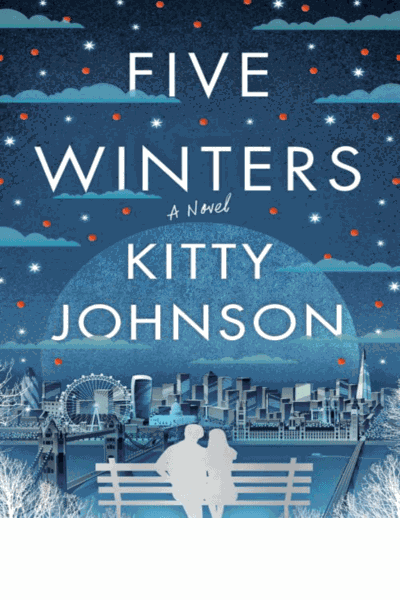


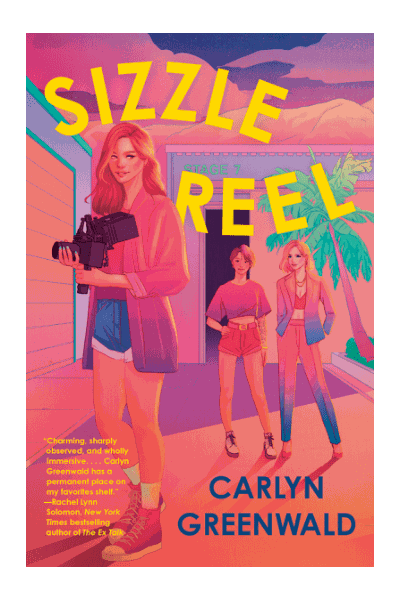
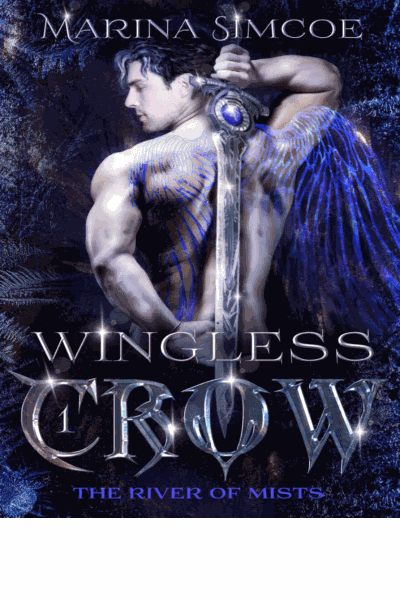
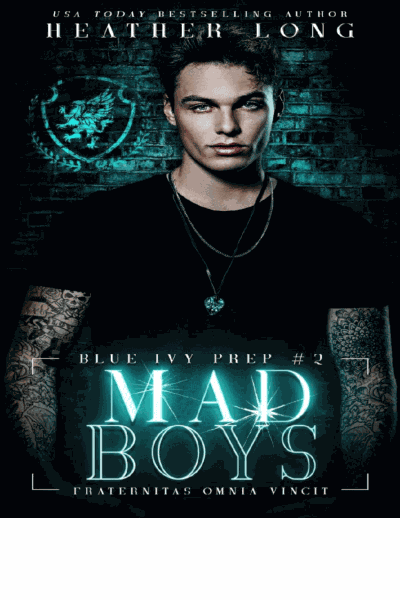
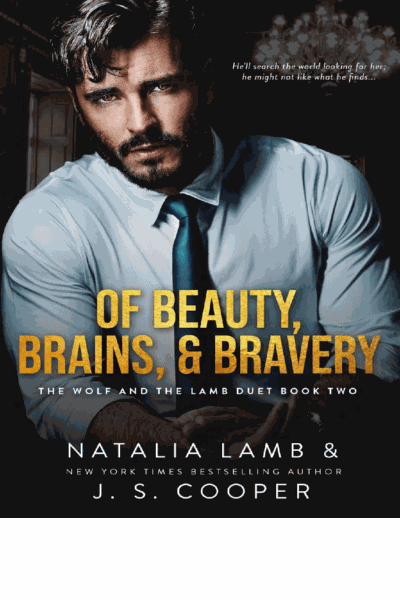
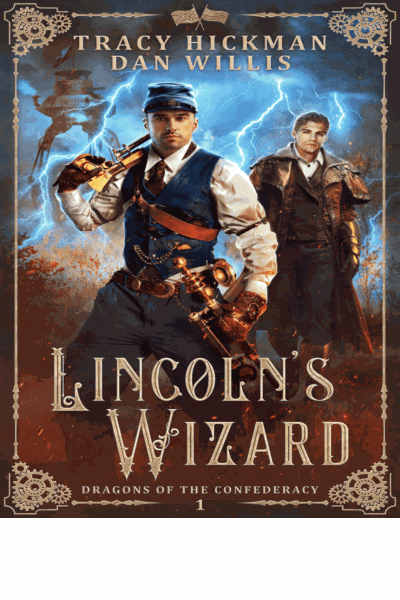
Lincoln's Wizard (Dragons of the Co...
Author: Dan Willis; Tracy Hickman
Year: 2023
Views: 35882
Read More